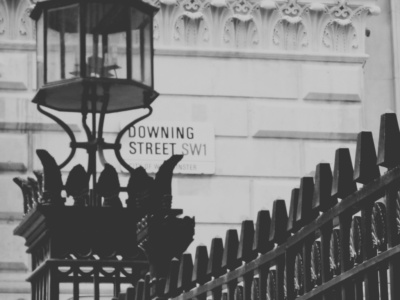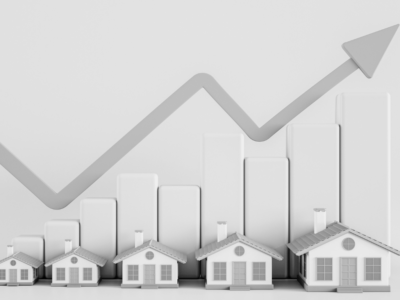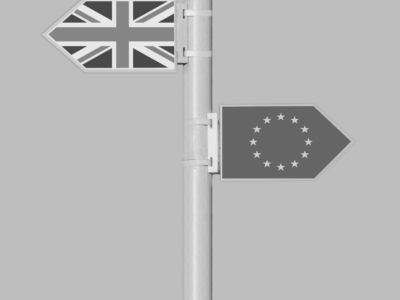- Average UK property price now a record £270,027
- Annual house price inflation up to 8.1%, up from 7.4%
- Wales, Northern Ireland and Scotland continue to outperform the UK average
Average price: £270,027
Monthly change: +0.9%
Quarterly change: +2.3%
Annual change: +8.1%
Housing activity
HMRC monthly property transactions data for UK home sales increased in September 2021.
UK seasonally adjusted residential transactions in September 2021were 160,950 – up by 67.5% from August’s figure of 96,110 (up 59.7% on a non-seasonally adjusted basis).
The latest quarterly transactions (July – September 2021) were approximately 23.5% lower than the preceding three months (April 2021 – June 2021).
Year-on-year, transactions were 68.4% higher than September 2020 (67.3% higher on a nonseasonally adjusted basis). (Source: HMRC, seasonally-adjusted figures)
The latest Bank of England figures show the number of mortgages approved to finance house purchases fell in September 2021 by 2% to 72,645.
Year-on-year, the September figure was 22% below September 2020. (Source: Bank of England, seasonally-adjusted figures)
The latest results from the RICS Residential Market Survey show buyer enquiries posted a net balance of zero during September, up from -13% in August.
Newly agreed sales declined for a third consecutive month, with a net balance of -15% (-17% previously) and new instructions remain in negative territory at – 35% (-36% previously). (Source: Royal Institution of Chartered Surveyors’ (RICS) monthly report)
Russell Galley, Managing Director, Halifax, said:
“UK house prices climbed again in October, as the value of the average property grew by 0.9%, an increase of more than £2,500 during the month. With prices rising for a fourth straight month, the annual rate of inflation now sits at 8.1%, its highest level since June.
One of the key drivers of activity in the housing market over the past 18 months has been the race for space, with buyers seeking larger properties, often further from urban centres.
Combined with temporary measures such as the cut to Stamp Duty, this has helped push the average property price up to an all-time high of £270,027. Since April 2020, the first full month of lockdown, the value of the average property has soared by £31,516 (13.2%).
First-time buyers, supported by parental deposits, improved mortgage access and low borrowing costs, have also helped to drive price growth in recent months. First-time buyer annual house price inflation (+9.2%) is now at a five-month high, and has pushed ahead of the equivalent measure for homemovers (+8.1%).
More generally the performance of the economy continues to provide a benign backdrop to housing market activity.
The labour market has outperformed expectations through to the end of furlough, with the number of vacancies high and rising relative to the numbers of unemployed.
With the Bank of England expected to react to building inflation risks by raising rates as soon as next month, and further such rises predicted over the next 12 months, we do expect house buying demand to cool in the months ahead as borrowing costs increase.
That said, borrowing costs will still be low by historical standards, and raising a deposit is likely to remain the primary obstacle for many.
The impact on property prices may also be tempered by the continued limited supply of properties available on the market.
Regions and nations house prices
Wales remains the strongest performing nation or region with annual house price inflation of 12.9% (average house price of £198,880), while Northern Ireland has recorded its strongest growth in four months (11.3%, average house price of £169,308).
House prices also continue to rise in Scotland, with the average property now up 8.6% year on year (average house price of £190,023).
In England, the North West has returned to being the strongest performing region (10.4%, average house price of £205,881), which is also a four-month high.
London remains by far the weakest performing area of the UK: annual inflation of just 0.8%, from an increase of 1.0% in September, is the lowest year-on-year rise in prices seen since February 2020.
Though at an average of £514,907, property prices in the capital remain well above all other parts of the country.
Tom Bill, head of UK residential research at Knight Frank, said:
“The housing market has largely shrugged off the end of the stamp duty holiday and price growth continues to apparently defy economic gravity.
Stronger-than-normal demand has been boosted by frustrated buyers who were unable to move during the stamp duty holiday and others who have waited for calmer conditions after its conclusion.
Lower-than-normal supply will only pick up meaningfully next spring given how seasonal the UK housing market is. This supply/demand imbalance will support prices in the meantime.
Ultra-low borrowing costs also have also underpinned demand.
Longer term, there will need to be a readjustment as mortgage rates normalise, a process that has been delayed by the pandemic.
Interest rates were 0.75% in early 2020 before Covid struck and we wouldn’t expect any meaningful impact on prices or demand while they remain below that level.
However, what’s different between now and early 2020 is the higher cost of living, which may cause demand to start fraying around the edges depending on how elastic the definition of “transitory” becomes in relation to inflation.
Over 3.5 million first-time buyer mortgages have been issued since the base rate dropped to 0.5% in March 2009.
That is a large group of homeowners who don’t know what it’s like when interest payments rise meaningfully.






















Comments